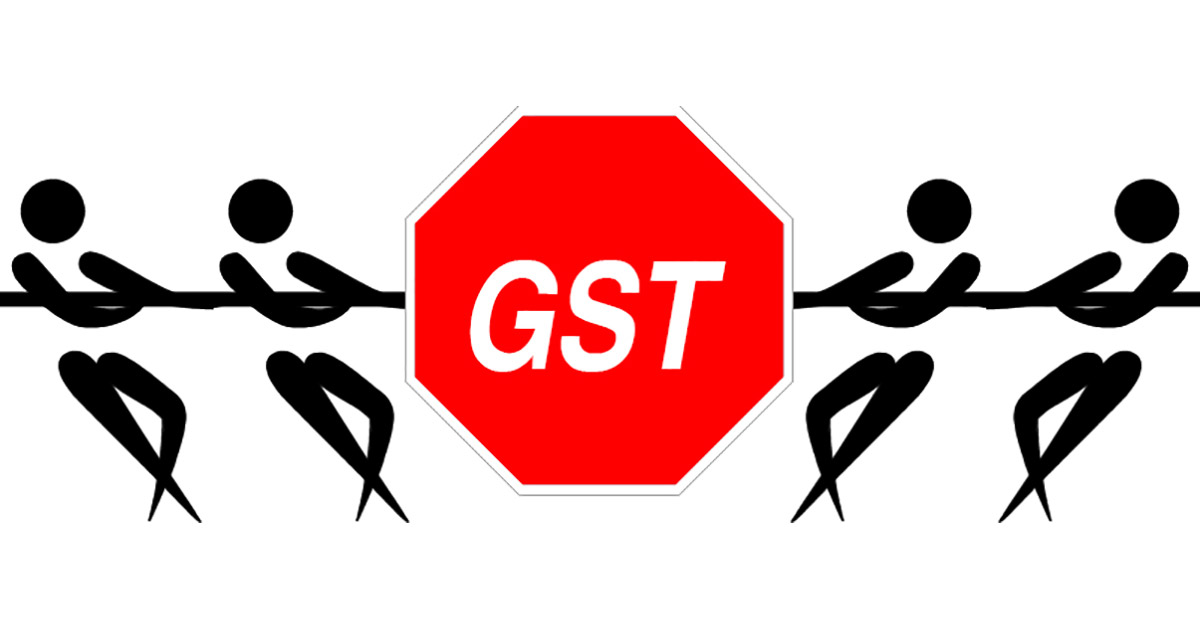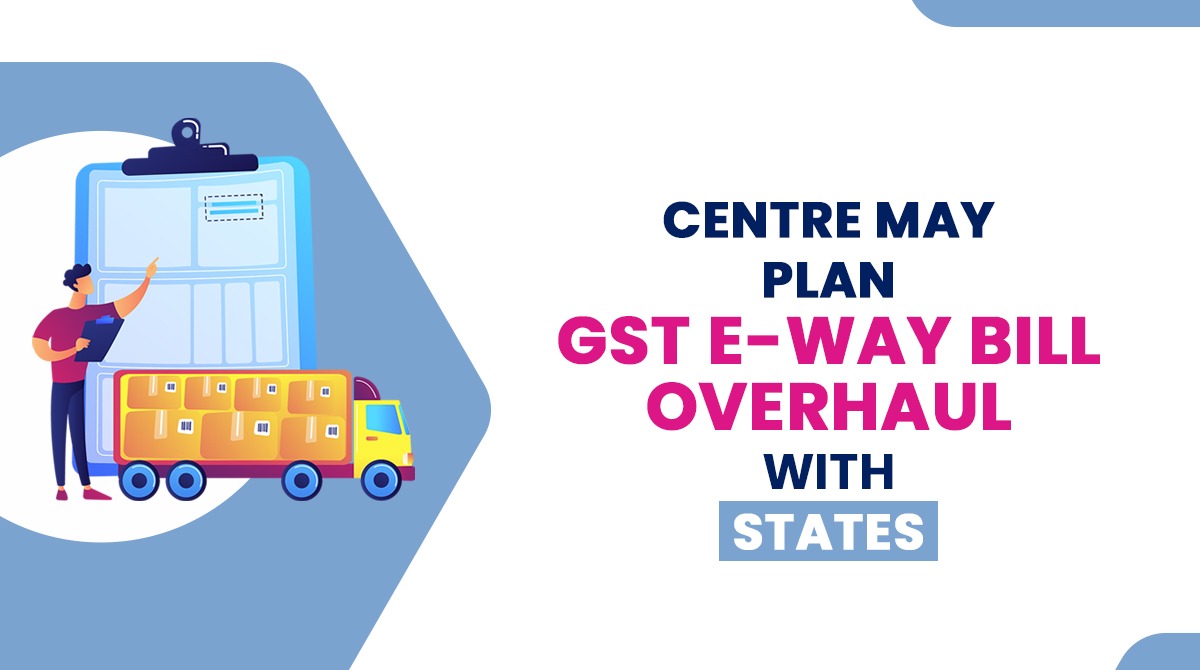
Goods and Services Tax is the most important taxation reform in India since independence as it breaks the currently indirect tax regime and makes a single market for a dozen state levies. Every newspaper is making a headline about the GST at their front page.
Consumers are the focal point in society, and meeting their needs and interests is the key factor for growth in an economy. Petrol is out of the scope of GST, which has adversely affected consumers as prices of petrol, which are likely to go down, are increasing day by day, as state authorities are still collecting VAT at the rate decided by them. In addition, the Chief Economic Adviser of the country, Mr Subramaian said, “Bringing electricity and petroleum within the scope of GST could make Indian manufacturing more competitive.”
Apart from this, the GST houses certain challenges like a GST collects the tax on the maximum retail price (MRP) for the packaged goods. But the GST levy on the barter exchanges will create a difficult situation for the mango-people.
Retailers are confused and worried. Indirect tax expert, Mr Sunil Gabhawalla said, “The levy of GST on maximum retail price (MRP) for sales to final consumers where the product is governed by the Legal Metrology (LM) Act such as mineral water, footwear, apparel, ready-to-eat packaged products would be a nightmare for retailers.”
Read Also: GST Overview: Economical Effects on Govt, Companies and Individuals
There were a lot of confusions among people whether GST shall be charged on MRP of goods or not as if it so this will surely burden the pockets of consumers. But after GST implementation, the worries came to an end as GST was included in MRP of goods. But the major issue for concern after GST roll out is retailers, traders and companies are charging GST over and above the MRP.
As per a survey conducted by many e-e-commerce companies, retailers and traders are charging GST on discounted MRP and MRP. They are indulging in Anti-Profiteering and not reduced their prices of goods after implementation of GST in spite of getting benefits of lower cost and input tax credit, The basic reason behind this is consumers are not vigilant and aware about GST and its tax structure.
Consumers need to be vigilant about this wrong practice followed by traders and many sources are made available by Government to raise their concerns and complaints to appropriate authority. Anti profiteering Authority has also been formed by the Government for complaining about the issues arising by the consumers.
Adverse Impact of GST on the Consumers:
- Services such as Telecom, banking, airline, etc have become expensive.
- Being a new tax reform, people will need some time to understand the working of the GST implications.
- GST is a consumption-based tax, so in the case of services, the service area needs to be determined.
- If the actual benefit is not carried away by the consumer and seller increases the prices looking for more profit then the prices of goods can increase simultaneously.
- However, the GST impact will be a part of the long-term strategy, and in the initial phase, the GST shall offer some nominal rates in order to reduce the overall tax burden at the consumer’s end.









